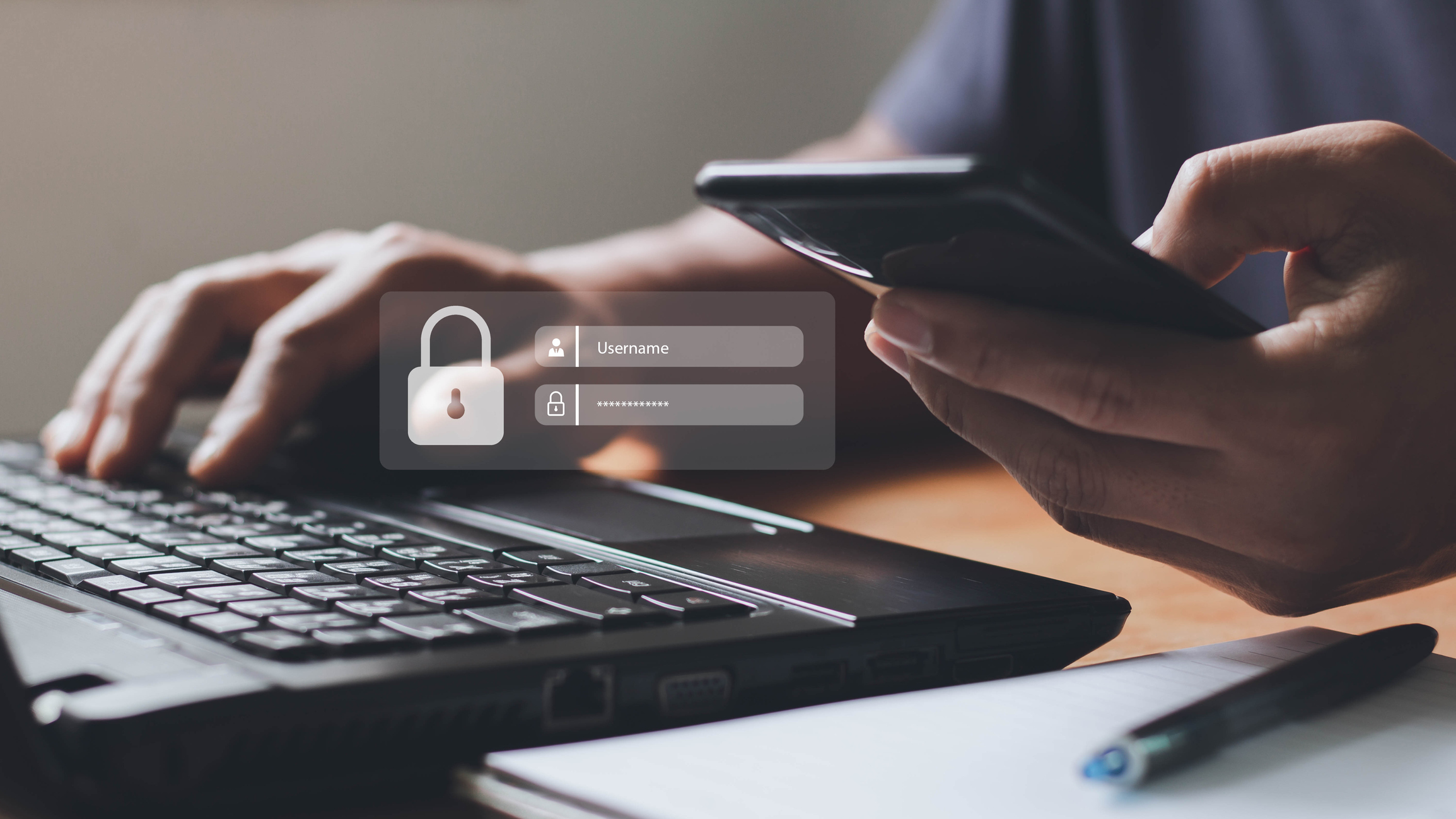
Key takeaways
- Guarding your privacy online may seem hard, but there are plenty of tools to help you protect yourself.
- We’ve outlined a few inexpensive, easy steps that most experts agree most of us should take.
Staying safe online has never been harder — or more critical. Just when we get used to doing things one way, it seems, a new threat pops up. The good news is that there are a few solid steps you can take easily and inexpensively that will minimize nearly all the threats out there, from identity theft to phishing.
Always use strong, unique passwords. Don’t use the same password for every account or website you log into, and don’t create passwords that are easy to guess. Here’s a primer on what a hard-to-guess password should look like.
Use a password manager: If all your passwords are unique and hard to guess, they will also be hard to remember! That’s why many experts advise using a third-party password manager which will store them for you more safely than a handwritten note or an online document. The New York Times recommends a password manager called 1Password, which costs about $36 a year for a personal plan. If you want a free option, Consumer Reports touts a company called Keeper, which has a variety of plans.
A password isn’t enough: Most websites now offer the option to use “two-factor” or “two-step” authentication. That involves verifying your identity via a password and one other method, often via a text message or phone call. “Using only one factor — say, something you know, like a password — to log in to your account is like having one lock on your front door,” the Federal Trade Commission says. “Using two-factor authentication is like using two locks.”
Download the update: Whenever your computer, phone, or other device tells you it needs to install an update, let it do its thing. Among other things, those updates will help protect you from the newest threats, like the one discovered in September 2023 that targeted Apple products.
Don’t forget antivirus software: No, antivirus software is not old-hat, and yes, it is possible for something nefarious like a virus to sneak through even if you have downloaded all the most recent software patches. Consumer Reports lists a few good options for both PCs and Apple products.
Don’t overshare: Think twice before sharing information online, especially on social media. As the National Cybersecurity Alliance points out, your personal information might be used to hack into your online accounts via security questions like your mother’s maiden name or where you went to school.
Avoid email scams: By now we’re all familiar with the Nigerian princes who want to wire us money, but scammers have become more sophisticated since the early days of the internet. Be extremely careful about which emails you open and whether you click on any links or attachments, the FTC warns. Here are a few things to keep in mind:
- Be wary of someone saying they’ve noticed suspicious activity or login attempts on your account, or a problem with your payment information.
- Be careful of clicking on links to coupons, “free stuff,” or “government refunds.”
- You probably shouldn’t click through an email to update your personal or financial details. Instead, type in the appropriate website URL directly in a browser window.
Browse the internet in private: Different web browsers offer different versions of privacy protection, which won’t store your browsing history or save cookies. In Chrome, look for “New Incognito Mode Window” in the “more” menu, and in Firefox look for “Private Browsing.”
There are also separate, third-party extensions, or applications you can add to your browser, that can help keep you safe. Some highly recommended ones include Privacy Badger and uBlockOrigin.
Watch your children: Finally, don’t forget to keep an eye on the less-savvy internet users in your family. It’s up to you to use parental controls on the internet or devices, and to limit your kids’ screen time. But most security experts say you should be aware of what your children are browsing, and especially what social media platforms they’re frequenting — and to have frank conversations about the kinds of things they may see online and whether they’re appropriate. Kaspersky Lab, a private security company, has more tips on how to keep your children safe online.
Being connected online can be rewarding and enriching, but there are good reasons to be cautious. Your privacy is valuable, and it’s worth taking some time and spending a little money to protect it.
The blog articles published by Unlock Technologies are available for general informational purposes only. They are not legal or financial advice, and should not be used as a substitute for legal or financial advice from a licensed attorney, tax, or financial professional. Unlock does not endorse and is not responsible for any content, links, privacy policy, or security policy of any linked third-party websites.”


